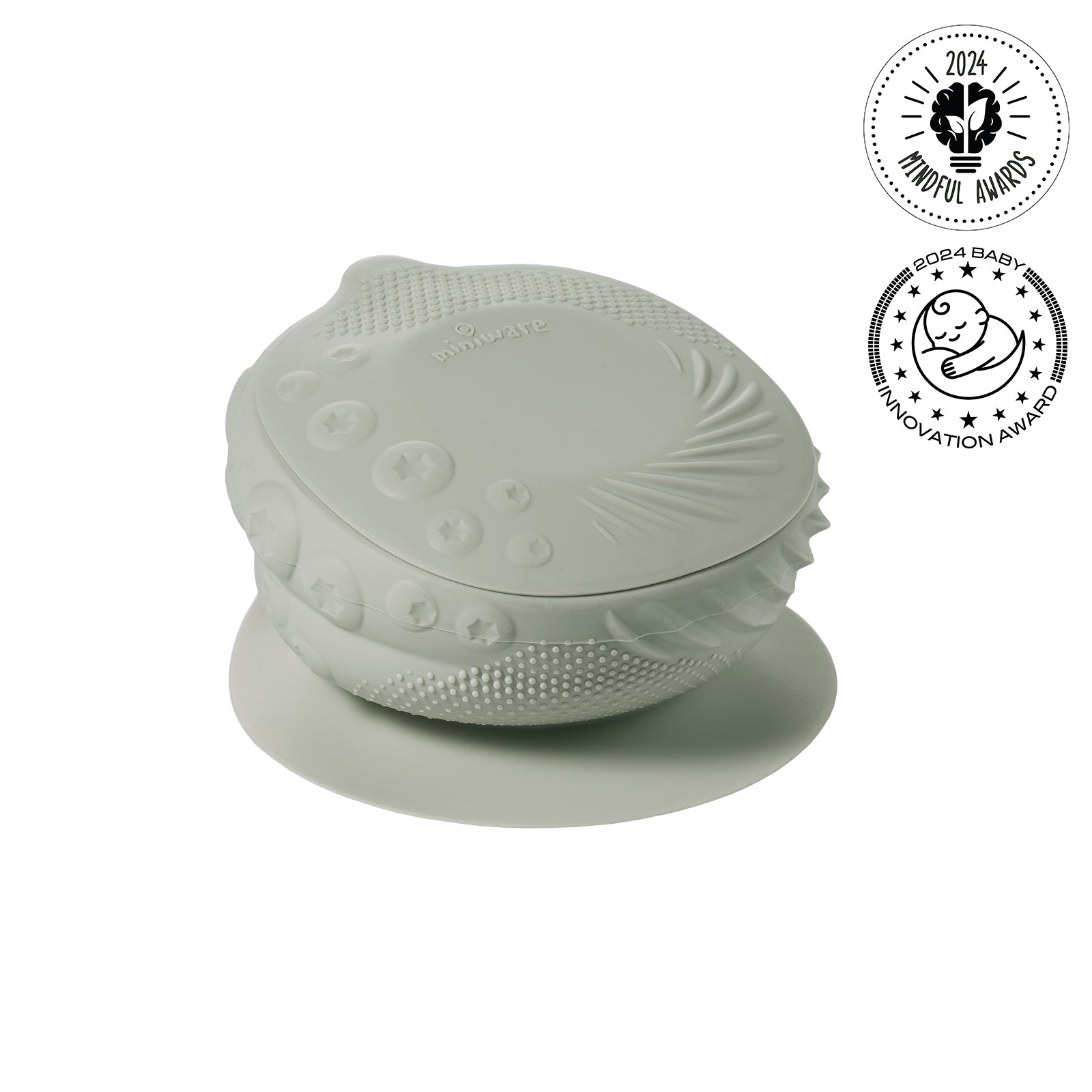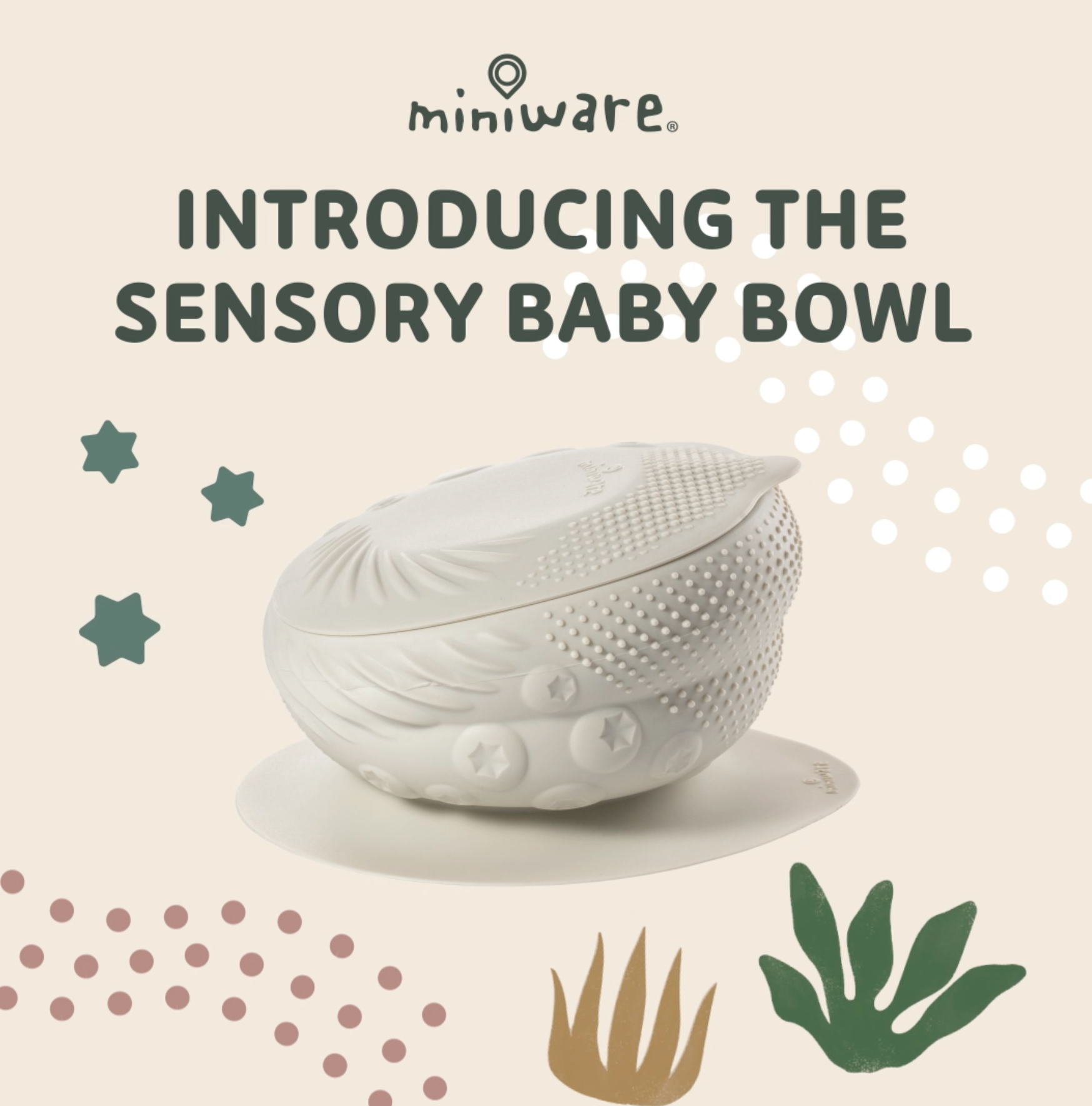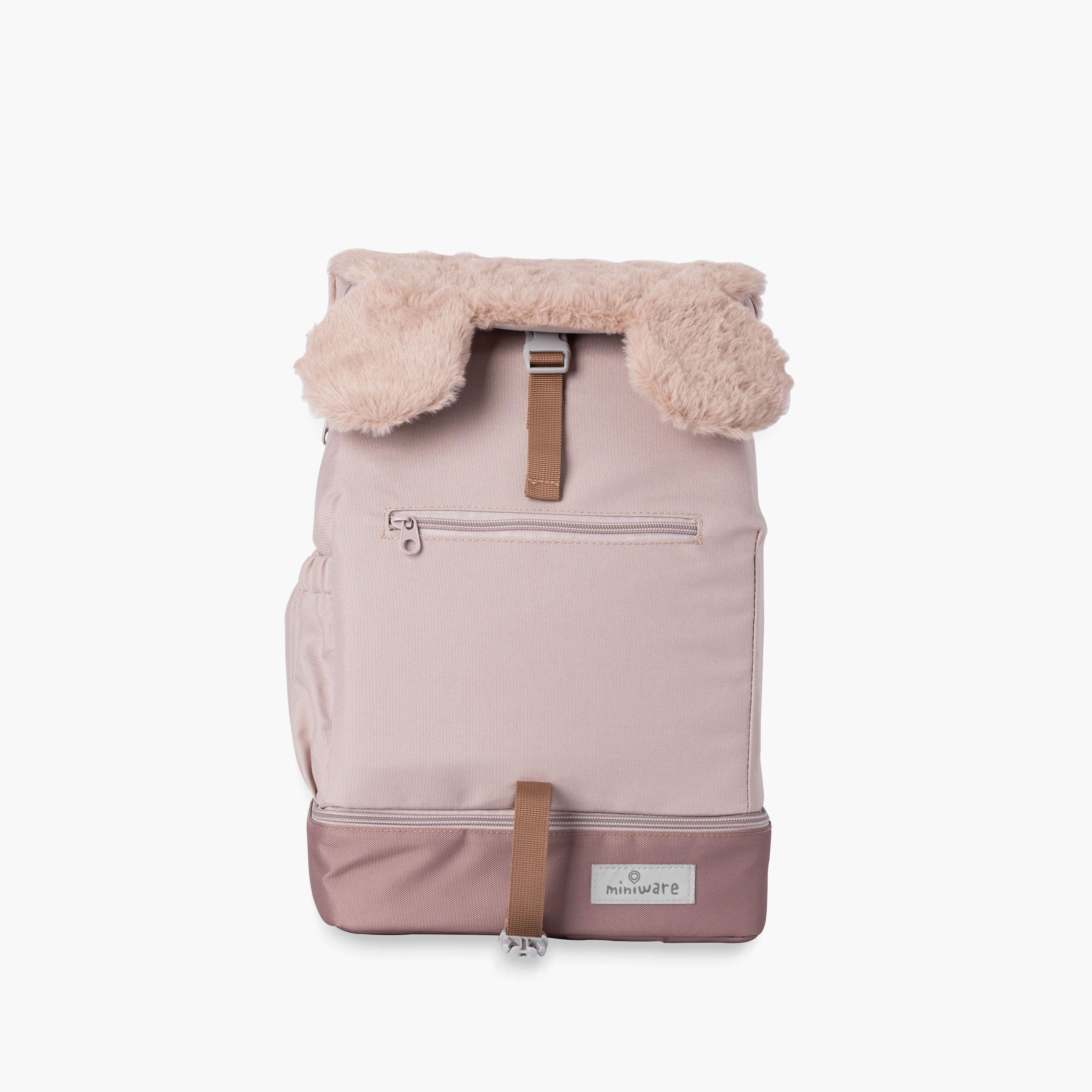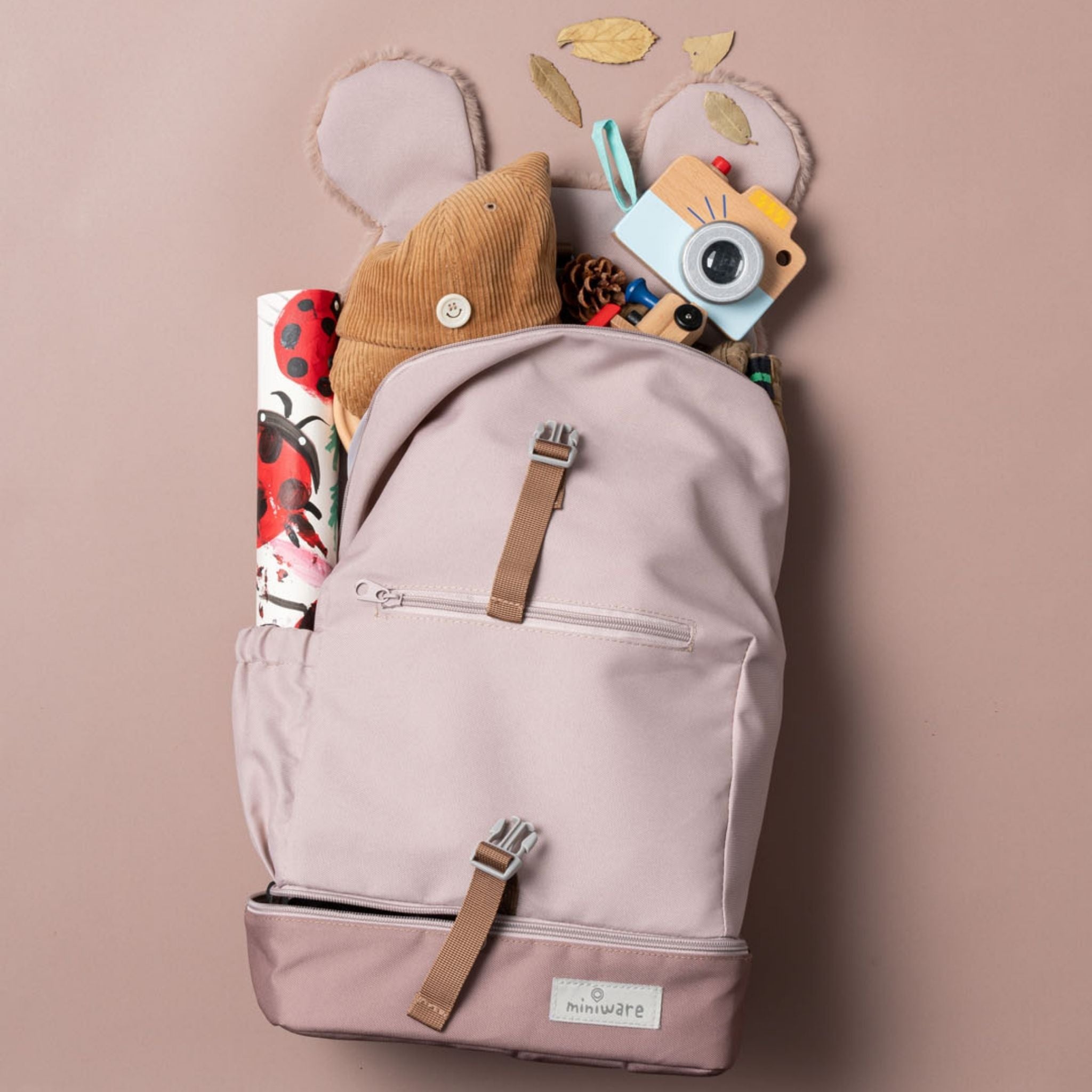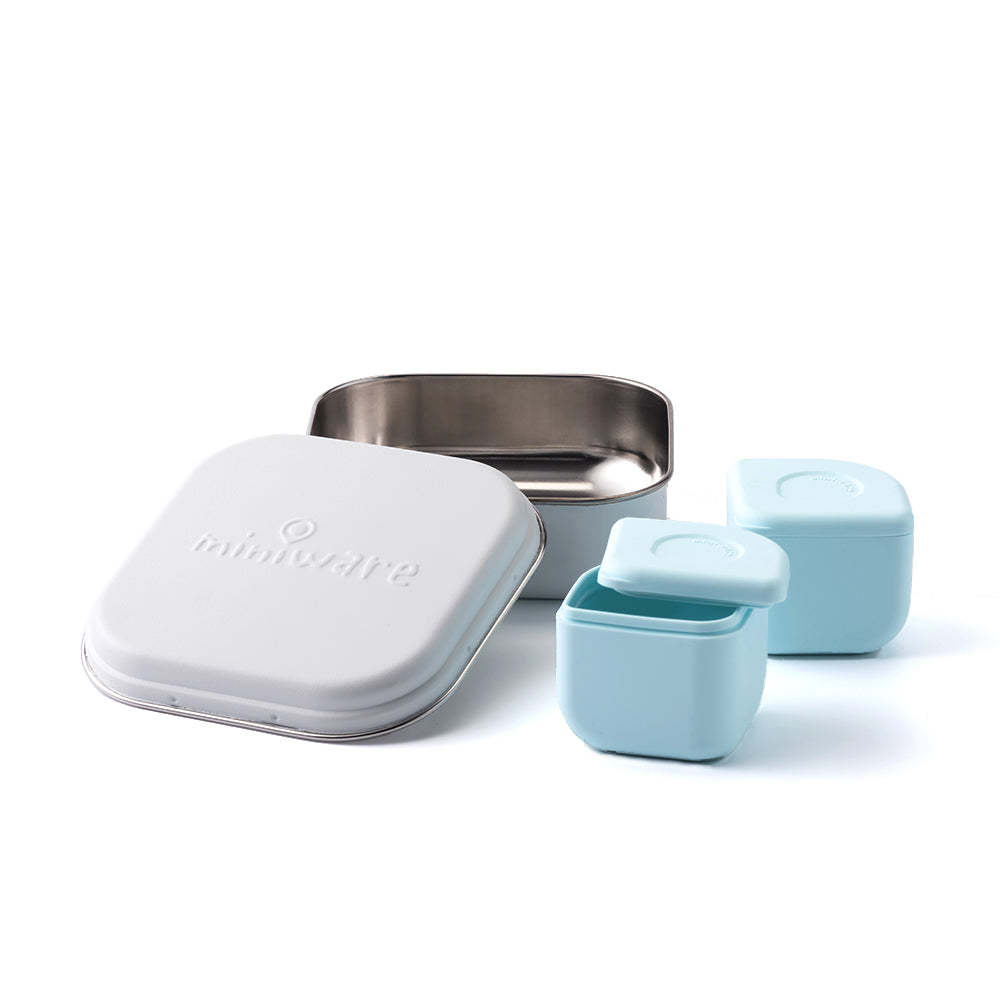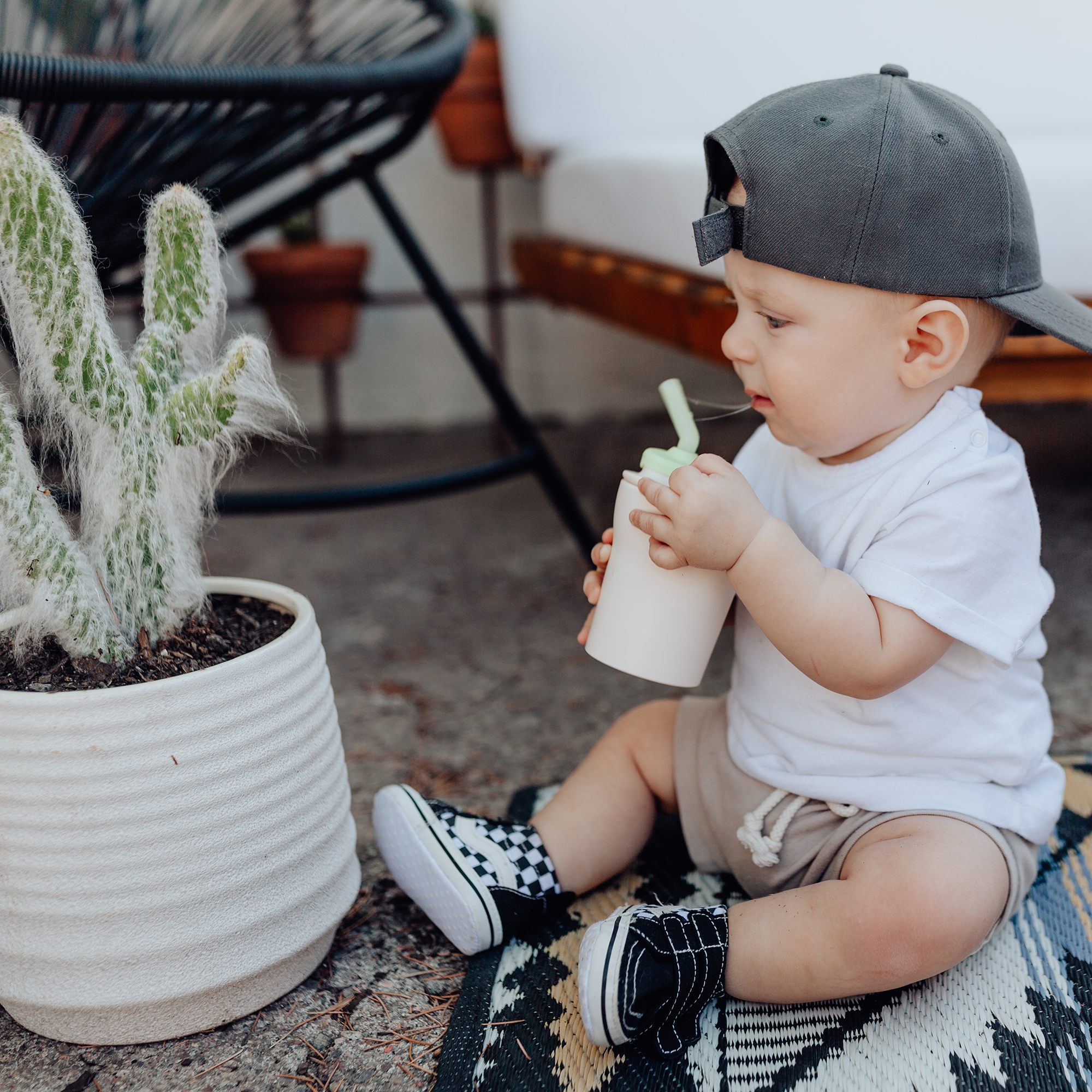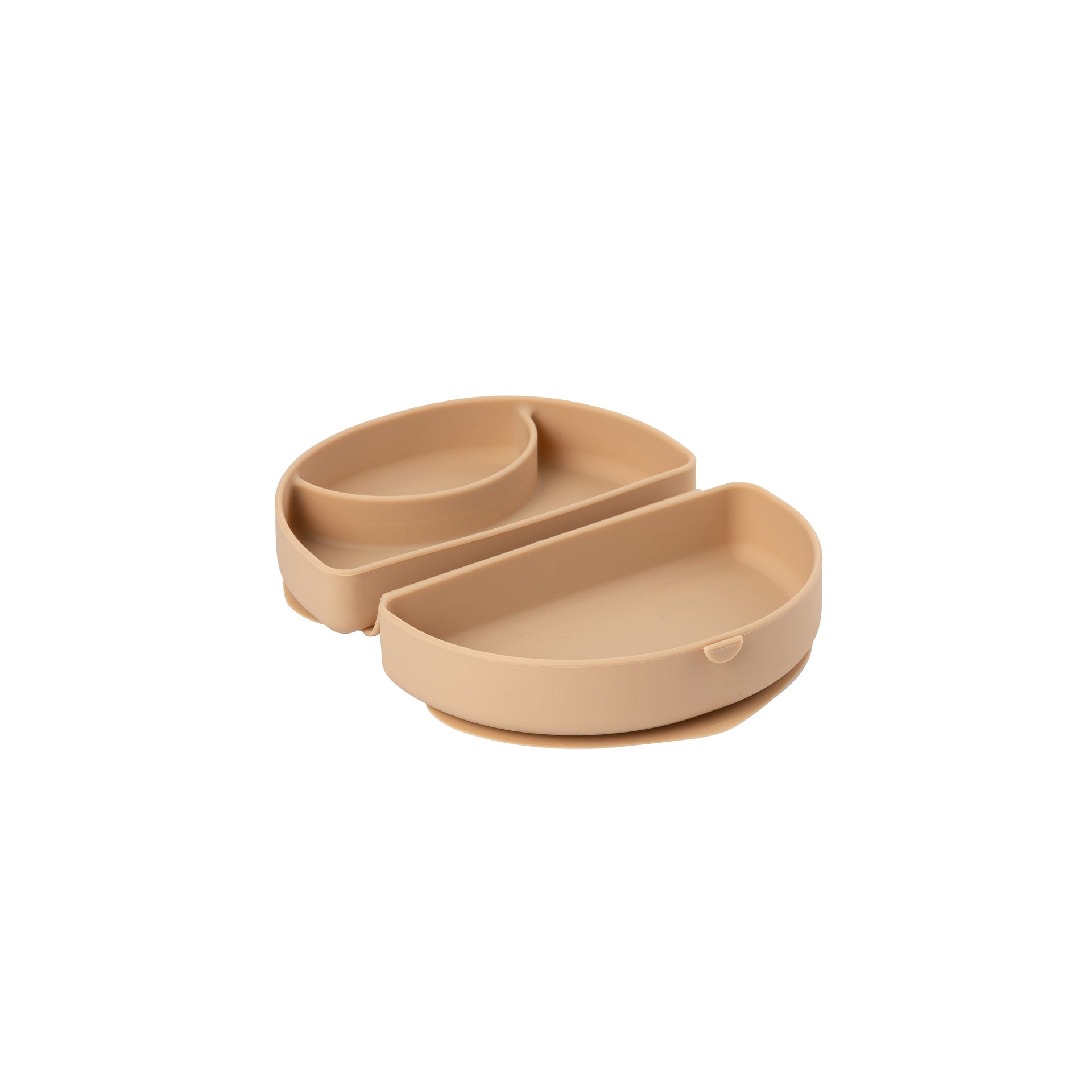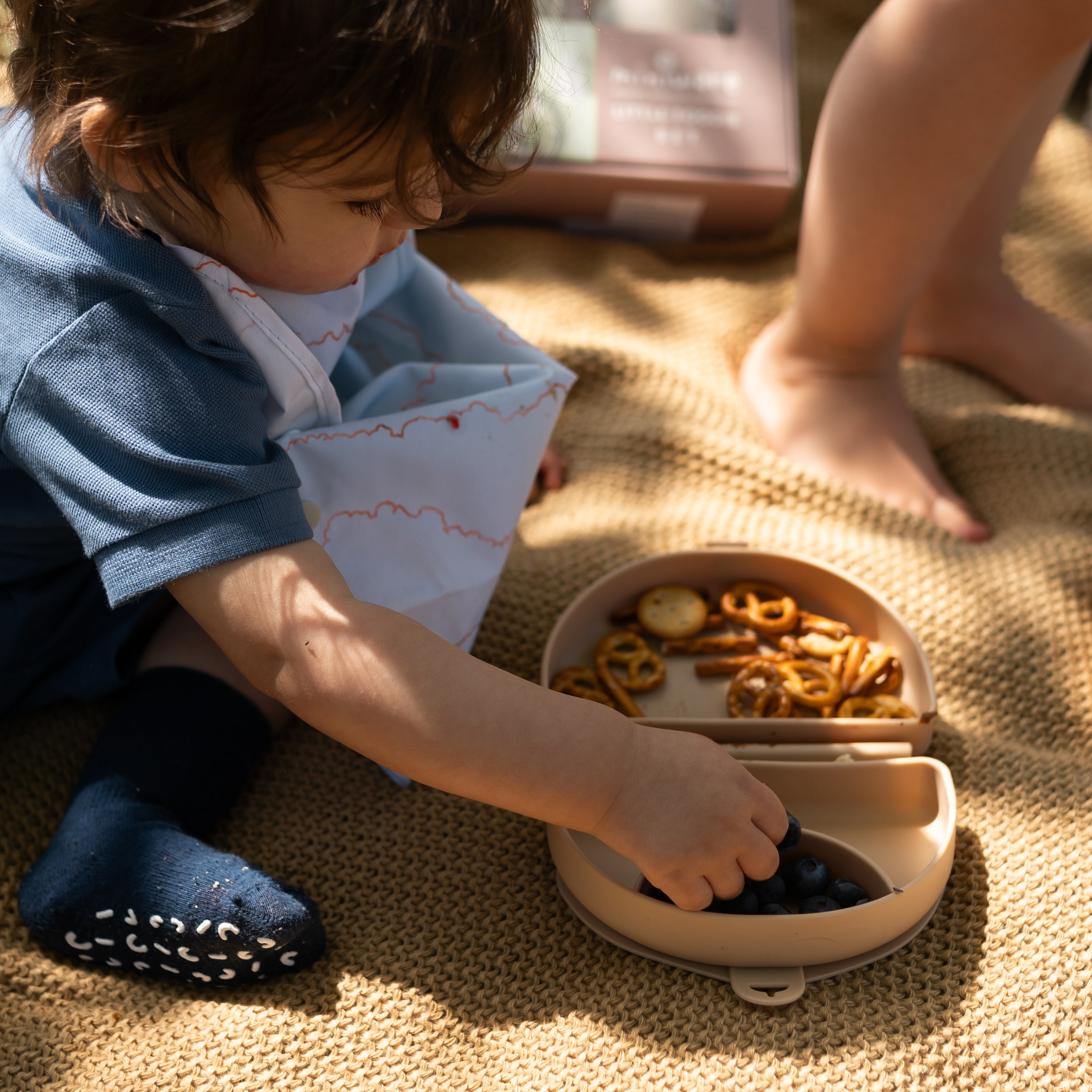Parent’s Guide to Plastic Free July
Have you heard of Plastic Free July? Plastic Free July is a global movement of millions of people joining together to reduce petroleum plastic pollution. Plastics have infiltrated every aspect of our planet and even our bodies. The average person now consumes nearly 5 grams of microplastic each WEEK! These tiny plastic particles are consumed in both bottled and tap water. That’s nearly 4 credit cards worth of plastic in our bodies each month! We must all take action to reduce our dependence on petroleum plastic.
Filtering Out Microplastics
If you find the above statistic alarming, you’re not alone. Some water filtration systems can remove small plastic particles. Look for household, pitcher or tap purification systems that filter particles .05 microns or smaller as a first step to reduce your family’s intake of harmful plastic.
How Do They Get There?
Microplastics invade our water supply in a variety of ways. Laundry is one method. Tiny plastic particles detach from synthetic fabrics during washing and are rinsed out through the drain. This also occurs when washing plastics in a dishwasher. Body and facial scrubs that contain “microbeads” contribute too. As does the overwhelming amount of plastic trash in our waterways and landfills.
Plastics and Kids
Cheap, single/low-use petroleum plastic is popular in baby products. petroleum plastic is made through a process that includes many toxic chemicals. These chemicals can leach into baby’s delicate system, often through food and drink. Their bodies and brains are still developing so decreasing plastics in the kitchen and nursery is key to reducing your child’s exposure!
3 Steps to Take for Plastic Free July
As we commit to using less plastic in our daily lives, here are some easy steps you can take as parents to reduce plastic in your kids’ lives:
- Buy natural fiber clothing. We don’t have to tell you how much laundry kids create! Stick to natural fibers like cotton, hemp, silk, and wool. Skip clothing made from acrylic, nylon, polyester, or Lycra/spandex. You can also buy secondhand and recycled baby clothes for even more sustainability.
- Look for non-toxic, non-plastic toys. Avoid easily breakable, cheap, plastic toys that are likely to soon end up in the trash. Plastic toys and kids go together, however, so going totally plastic-free probably won’t happen. Choose toys made from wood, natural rubber, and organic fibers when possible. Look for durable toys made from recycled plastic and non-toxic materials.
- Go petroleum plastic-free in the kitchen. Food and drink are the most common ways of introducing microplastics and toxins into our bodies. Going petroleum plastic-free in the kitchen is great for reducing this risk!
- Ditch plastic straws and plastic cutlery. Take reusable products with you on outings. Miniware’s 1-2-3 Sip! Cup has a natural silicone straw and converts to both sip and big kid cup as your kiddo grows for a long lifespan. Cassava PLA My First Cutlery is reusable and safe for kids big and small.
- Avoid petroleum plastic storage. As petroleum plastic storage containers break down, they leach chemicals in our food. Store leftovers in safe materials like ceramic, stainless steel, glass, and silicone. Miniware’s silicone silipods are perfect for storing pre-made or leftover foods for your baby. They can safely go from the fridge/freezer to the microwave for reheating. Toss in the dishwasher to clean!
- Choose long-wear, eco-friendly, baby dishes. Instead of melamine or plastic dishes, go with sustainable, natural dishes that won’t leak chemicals into warm/hot foods. Miniware’s dishes are made using sustainable materials, heat, and compression. Long-lasting and non-toxic!
What is your family doing to reduce plastic during Plastic Free July? Share your tips in the comments!
Visit https://www.plasticfreejuly.org/ for more ideas and information.